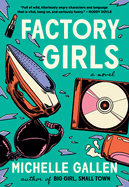The two major German book awards celebrated in connection with the Frankfurt Book Fair both stood out for their timeliness and resonance.
Just before the fair opened, in a gala ceremony in the Kaisersaal of Frankfurt's Römer city hall, the €25,000 (about $24,680) German Book Prize was awarded to BlutBuch (Blood Book) by Kim de l'Horizon.
The judges wrote, "With an enormous creative energy, the non-binary narrative character in Kim de l'Horizon's novel Blood Book searches for his own language. What narratives are there for a body that defies conventional notions of gender? The focal point of the narration is the character's grandmother, the Großmeer in Bernese German, in whose ocean the child Kim threatened to drown and from which he now swims free while writing. The novel form is in constant motion. Every attempt at language, from the plastic scene to the essay-like memoir, develops an urgency and literary innovative power that provoked and inspired the jury."
Karin Schmidt-Friderichs, chair of the Börsenverein, the German book industry association, which sponsors the prize, said, "With the German Book Prize, we want to draw readers' attention to the complexity of German-language literature. This year it's also an invitation to expand the boundaries of one's perception and engage with literature that's outside of one's own focus and which is all the more inspiring. At best, we can pull one another out of our filter bubbles, move ourselves and others to consider, rethink and think about the future."
 Prize winner de l'Horizon accepted the award in a way that resulted in even more press and publicity for the prize than usual. He took the stage, thanked his mother and grandmother, quoted the song "Nightcall" ("There is something inside you, it's hard to explain/ They're talking about you, but you're still the same.") and said, "This prize is not only for me." Then he took out a small razor and cut most of his hair, explaining, "The jury awarded this prize against hate, for love, for all people who are suppressed because of their bodies. This prize is also for the women of Iran. How stupid was our opinion [of them]? Women are emancipated not only in the West."
Prize winner de l'Horizon accepted the award in a way that resulted in even more press and publicity for the prize than usual. He took the stage, thanked his mother and grandmother, quoted the song "Nightcall" ("There is something inside you, it's hard to explain/ They're talking about you, but you're still the same.") and said, "This prize is not only for me." Then he took out a small razor and cut most of his hair, explaining, "The jury awarded this prize against hate, for love, for all people who are suppressed because of their bodies. This prize is also for the women of Iran. How stupid was our opinion [of them]? Women are emancipated not only in the West."
Sadly, de l'Horizon was attacked on social media following the prize announcement, so much so that a security team protected him during the fair.
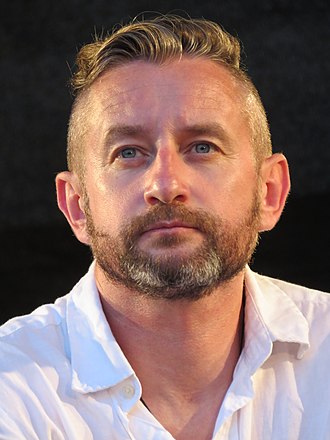 |
| Serhij Zhadan |
In another gala ceremony, on Sunday in the St. Paul's Church, Serhij Zhadan was awarded the German Peace Prize, also sponsored by the Börsenverein and also carrying an award of €25,000. The Ukrainian novelist, poet, translator and lyricist did not give a traditional kind of speech extolling literature and the book, for example. Instead, he discussed the brutality of war, telling stories of his experiences near the front lines. He criticized politicians and intellectuals who support an unconditional cease fire in Ukraine and derided "false pacifism." He said that people "must speak up in times of war, especially in times of war," and he talked about how difficult it is to find the right language for what he's experienced, for death, and for the catastrophe that surrounds him.
In May 2023, Yale University Press will publish Sky Above Kharkiv: Dispatches from the Ukrainian Front, translated by Reilly Costigan-Humes and Isaac Stackhouse Wheeler, Zhadan's record of the first four months of war following Russia's invasion. The book grew out of Zhadan's efforts early in the war on social media to coordinate a network of resistance workers and send messages of courage to fellow Ukrainians. Soon Zhadan became a key witness for documenting the many Russian atrocities committed since February.
Yale has published three other books by Zhadan, all part of the Margellos World Republic of Letters series:
The Orphanage, a novel translated by Reilly Costigan-Humes and Isaac Stackhouse Wheeler
Mesopotamia, another novel, translated by Reilly Costigan-Humes, Wanda Phipps, Virlana Tkacz, and Isaac Stackhouse Wheeler
What We Live For, What We Die For: Selected Poems, translated by Virlana Tkacz and Wanda Phipps, with a foreword by Bob Holman
Among Zhadan's other works published in the U.S.:
Voroshilovgrad, translated by Reilly Costigan-Humes and Isaac Stackhouse Wheeler (Deep Vellum)
A New Orthography, translated by John Hennessy and Ostap Kin (Lost Horse Press Contemporary Ukrainian Poetry Series)
 Indigo Bridge hosted a grand opening celebration last Saturday for its new location at 1624 S. 17th St. in Lincoln, Neb., with performances by local musicians, a raffle and more, the Journal Star reported.
Indigo Bridge hosted a grand opening celebration last Saturday for its new location at 1624 S. 17th St. in Lincoln, Neb., with performances by local musicians, a raffle and more, the Journal Star reported.















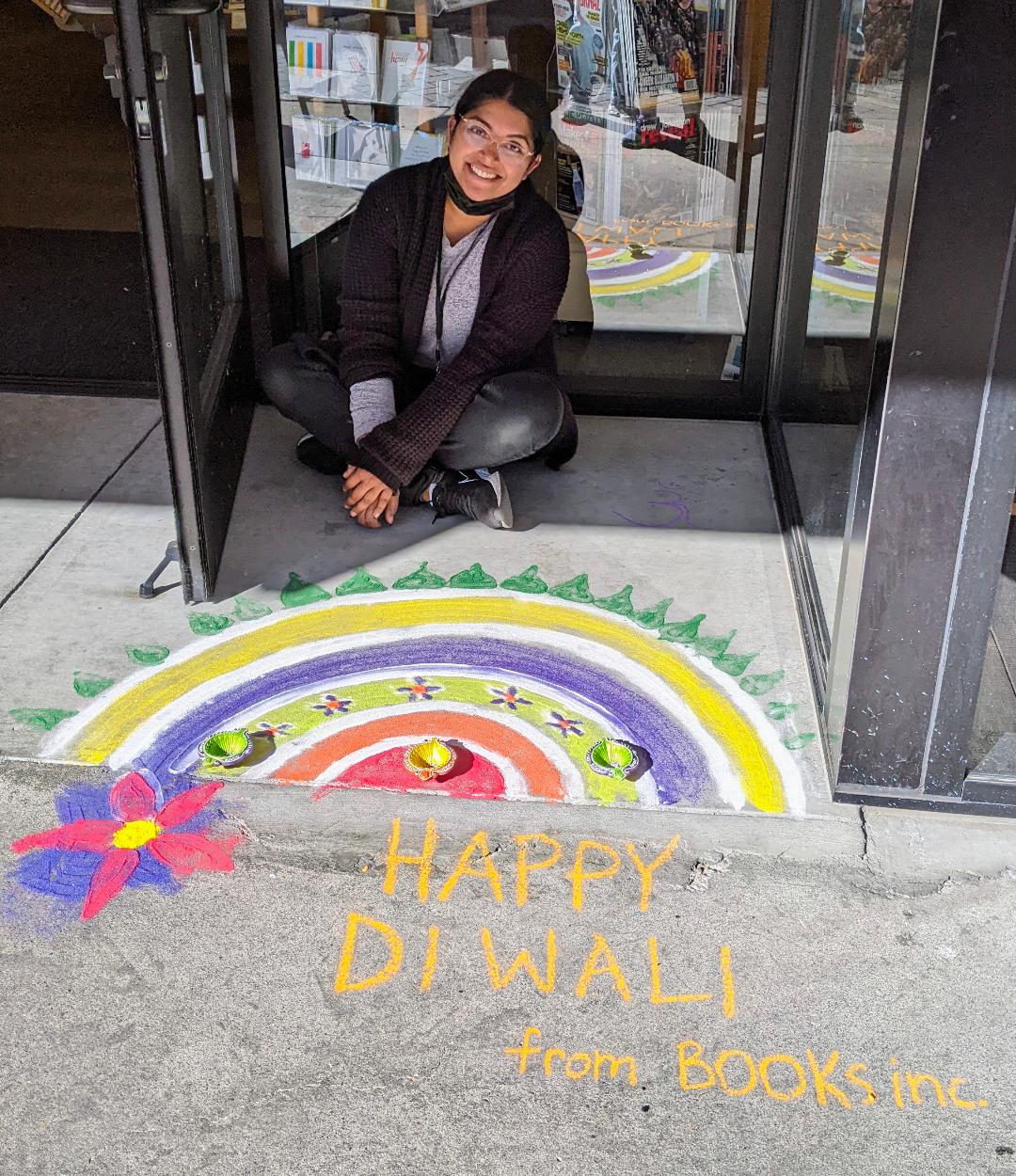

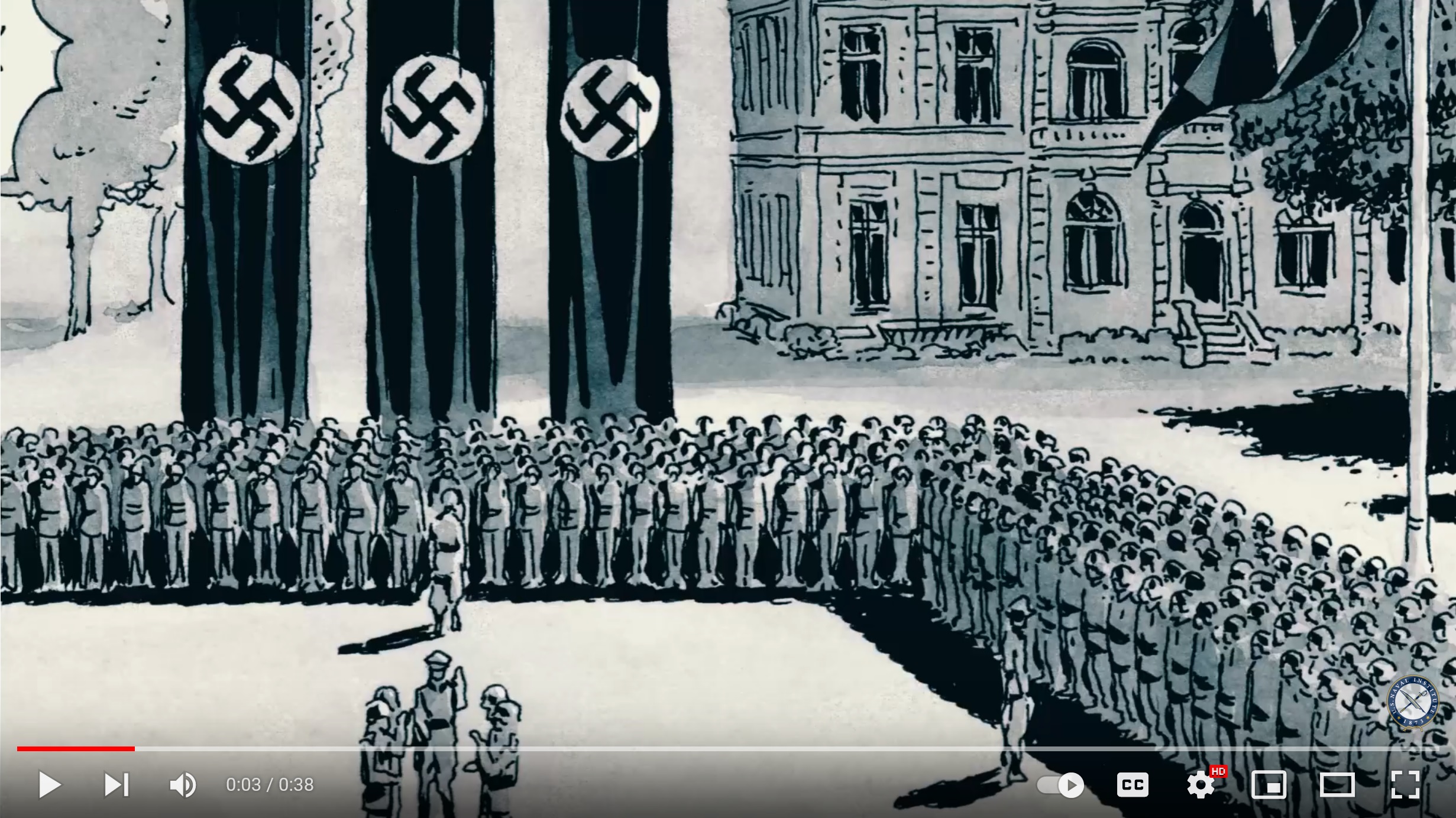 The Journey of Marcel Grob
The Journey of Marcel Grob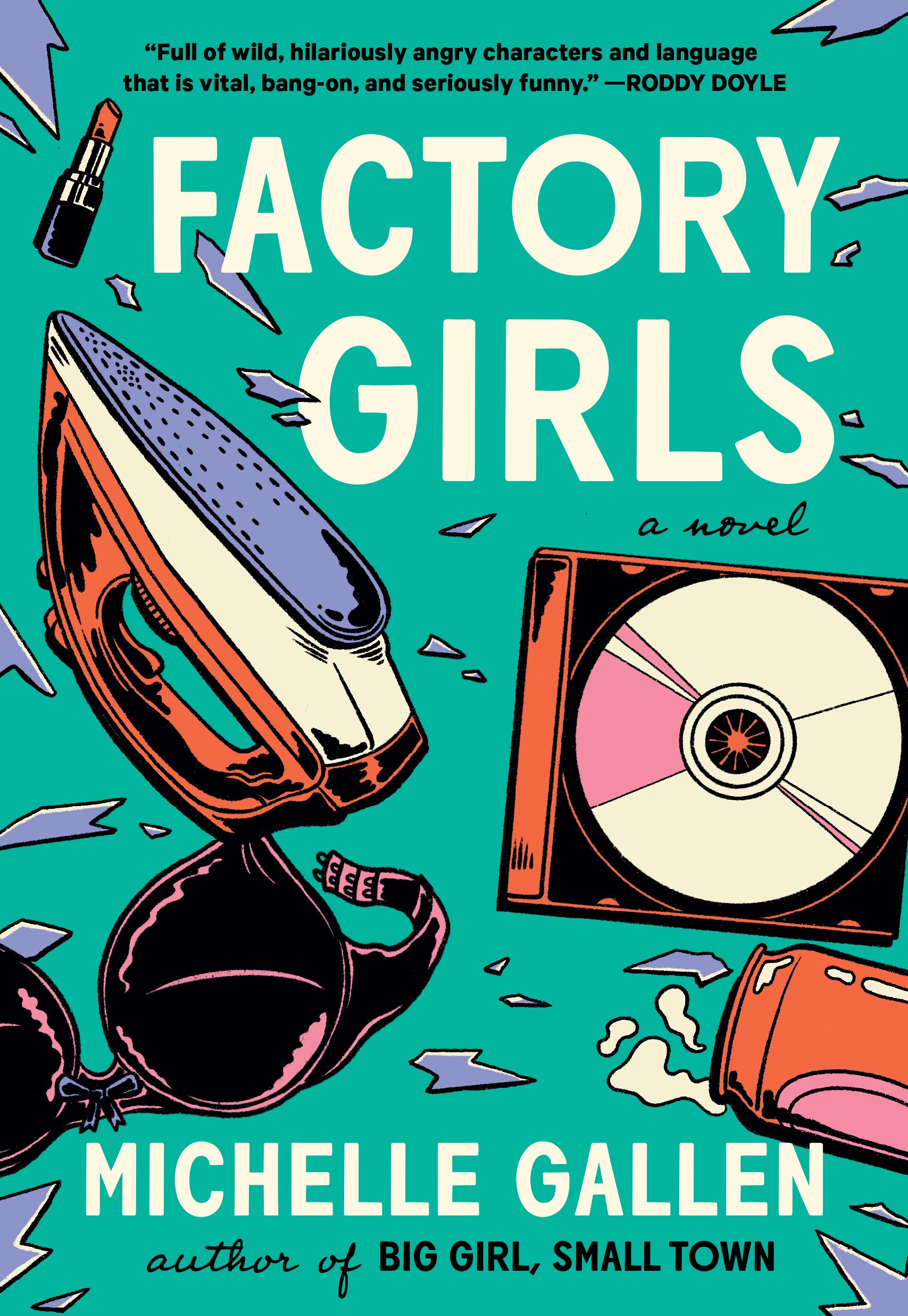 With Factory Girls,
With Factory Girls, 